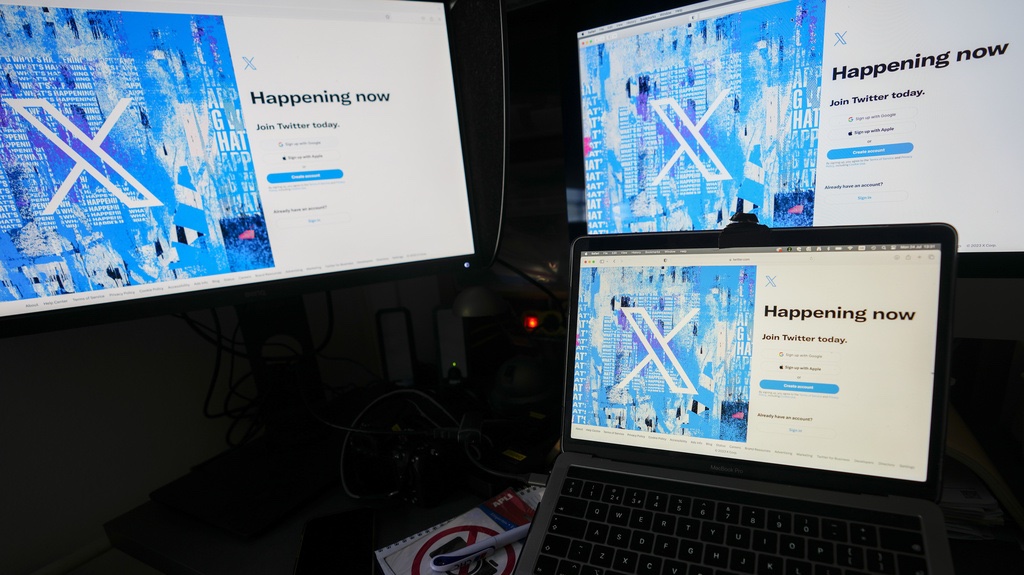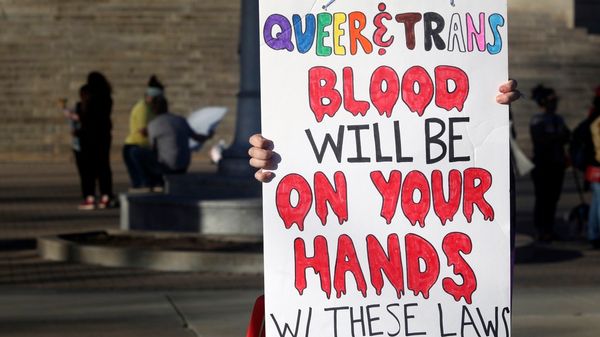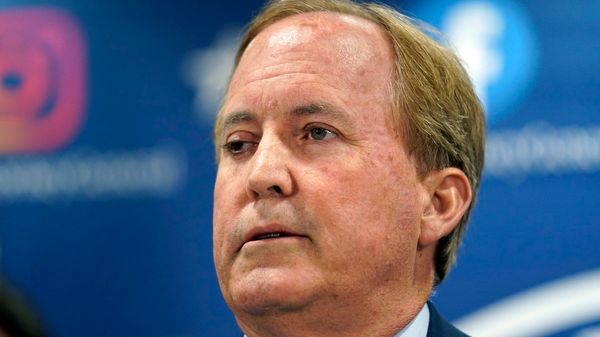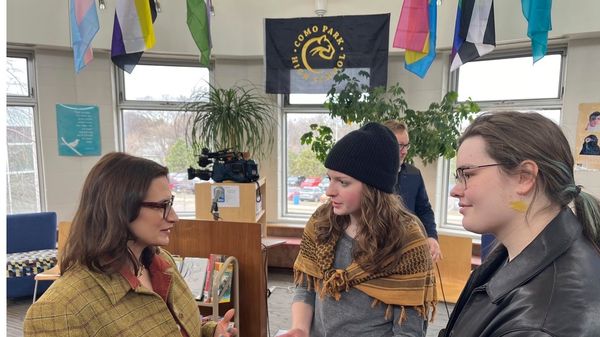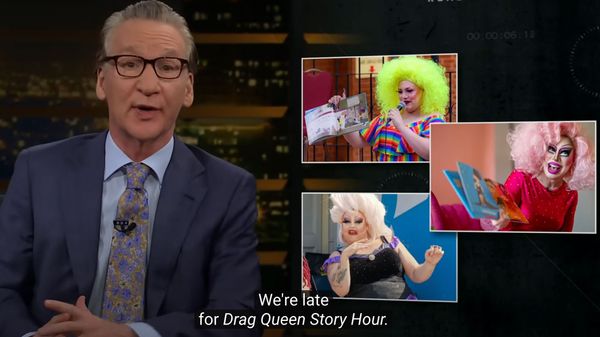
December 6, 2018
Drowning in Potential: How American Society Can Survive Digital Technology
Rod Wallace READ TIME: 3 MIN.
Digital technology strengthens our voices, but at what price? Social media draws us into pitched battles on high-profile issues such as trans bathrooms and the right to wedding cakes. These issues play a critical role in defining who we are and where we stand in today's society. But do these battles help us create a nurturing society? Or is digital technology leading us to under-serve issues that foster progress?
As digital technology grows, it makes our world more complex. As a result, we frequently lose the ability to connect on a human level, we miss critical insight, and our attempts to coordinate slip into disarray. We feel these side effects of digital technology broadly.
As illustrated in my book, Drowning in Potential: How American Society Can Survive Digital Technology, more than 60% of the American economy is dedicated to industries failing at the most basic level. For example, American healthcare embraces robots and artificial intelligence, yet American life expectancy is the shortest in the developed world and getting shorter. Similar fundamental failures exist in food, real estate, finance, education, and more. Despite the amazing conveniences brought forth by digital technology, our society is struggling to progress and find alignment on countless big issues.
Individuals play critical roles in solving these problems. Yet as technology increases the complexity of our world, no individual or organization controls all the moving parts needed to create meaningful change. We are constantly fighting others so that "'our side"' can make progress. And yet with digital technology, "our side" has become myriad insular opinions that fail to align and effect constructive change.
So, how can we solve society's big problems?
The chocolate industry may have some answers. At a World Cocoa Foundation board meeting, you'll find senior representatives developing plans to change their industry. These executives from competing chocolate firms come together with a common purpose. They're creating an environment in which company shareholders benefit, while solving deep-seated societal problems challenging the 1.4 million cocoa farmers in Western Africa. Nestl� still fights Mars to sell you chocolate. Yet these bitter rivals have aligned their vision of a sustainable world in cocoa-growing regions.
As a society, we must focus our greatest energy where most people can agree. A core mission of the nonprofit
The core Equity Advancement Partners initiative transforms families and communities – and it invites support from people with opposing views on bathrooms and wedding cakes. Helping a child's family love each other, strengthen each other, and find their way to success is not an LGBTQ goal. It is a universal goal virtually everyone can support. And when we share a goal, we invite aligned, not opposing, efforts to improve society.
This doesn't mean that the fight for equal rights is unimportant, but that we should find common ground where we can. As digital technology causes us to get more polarized and insulated, we lose the ability to communicate. Engagement reduces this disconnect. The more you engage, the better you understand another group and your own biases toward that group.
What is the common ground for those inside and outside the LGBTQ community, beyond that covered by Equity Advancement? I leave such questions for discussion. But keep this in mind: Technology doesn't solve problems. People solve problems. And we solve them most effectively when we work together.
Rod Wallace is a business consultant, economist, and speaker who works at the crossroads of strategy, technology, and social good. His TEDx Talk, Meaningful Profit: When Business Solves Society's Big Problems, explains how competing interests can come together to make a difference. You can find him at RodWallacePhD.com

